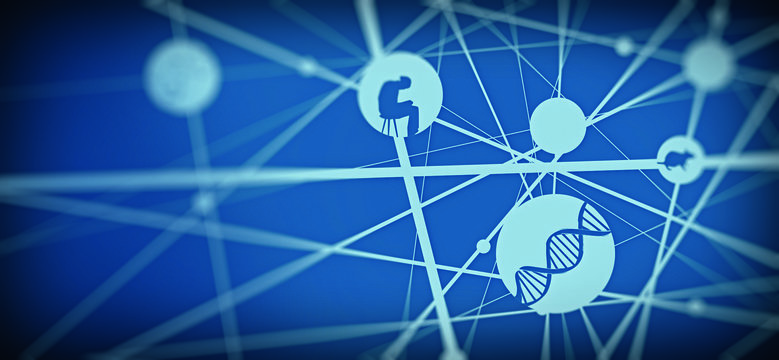Metacognition can be defined as the monitoring and control of lower-level cognitive processes. There are at least two levels of metacognition. Implicit metacognition, an automatic, sub-personal process, can often display optimal levels of control. This is not the case for conscious, explicit metacognition. Many features of schizophrenia, such as thought insertion and lack of insight, reflect disorders of metacognition. However, experimental studies suggest that these disorders only emerge at the explicit level of metacognition.
[more]

